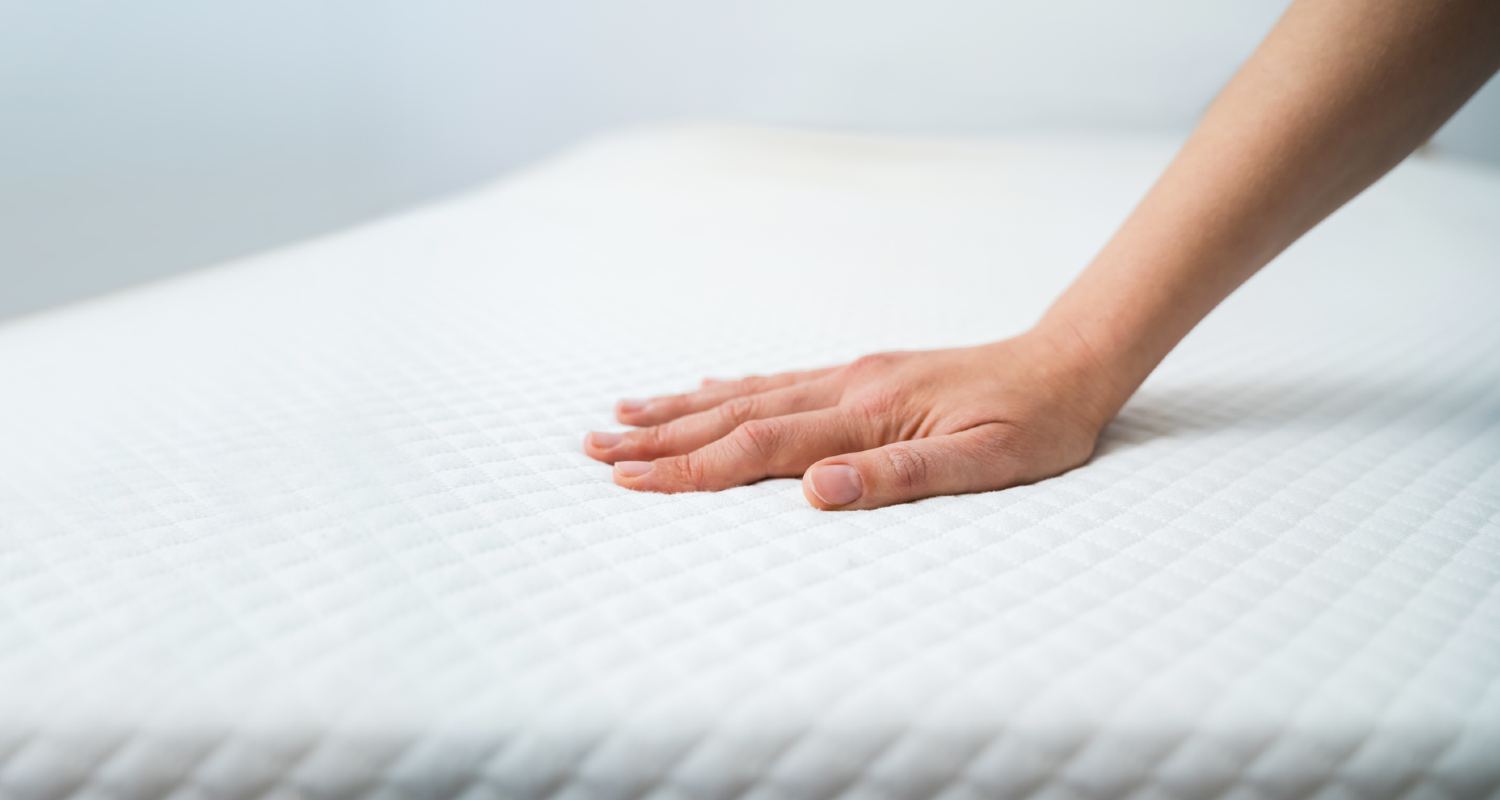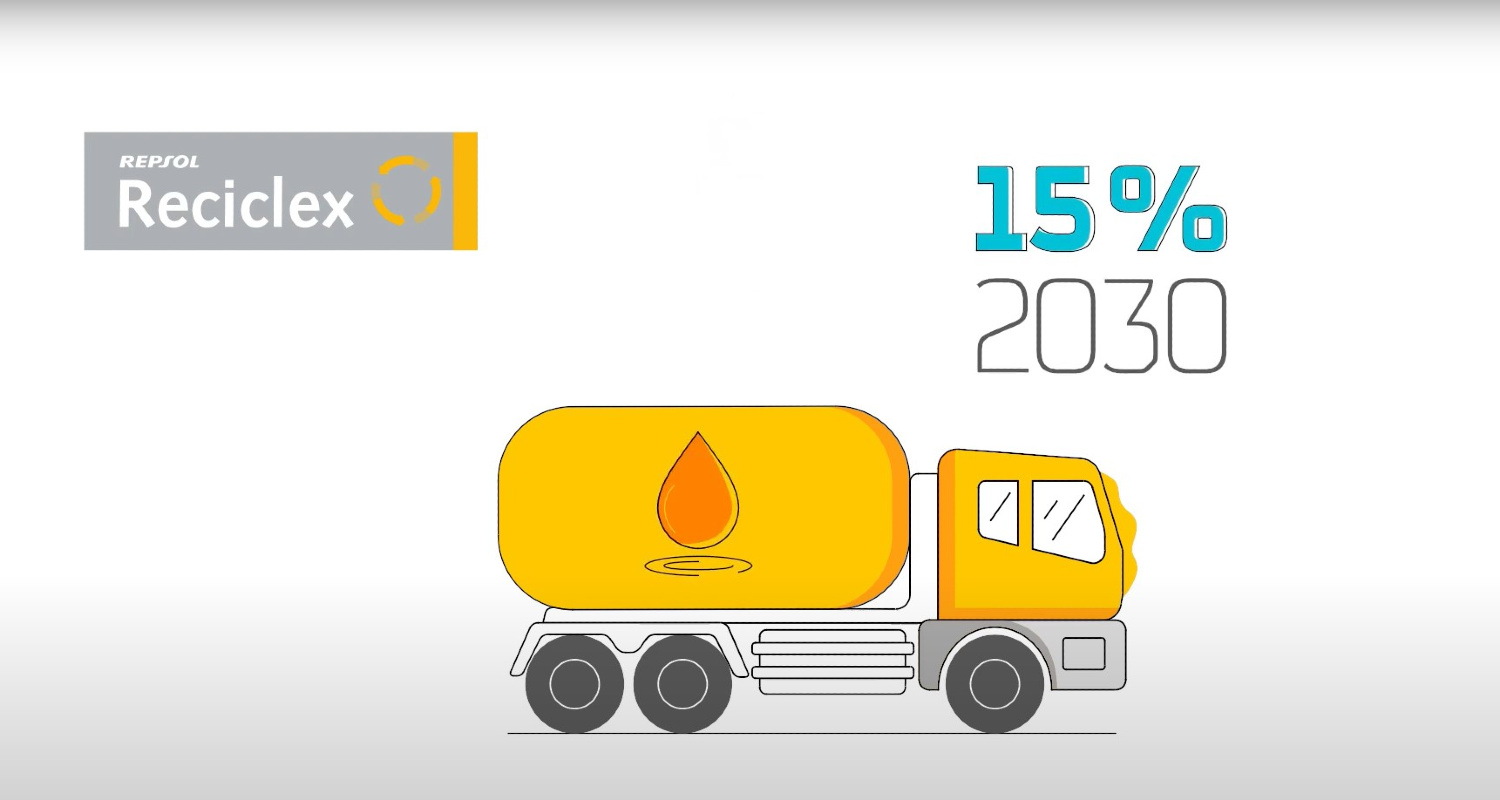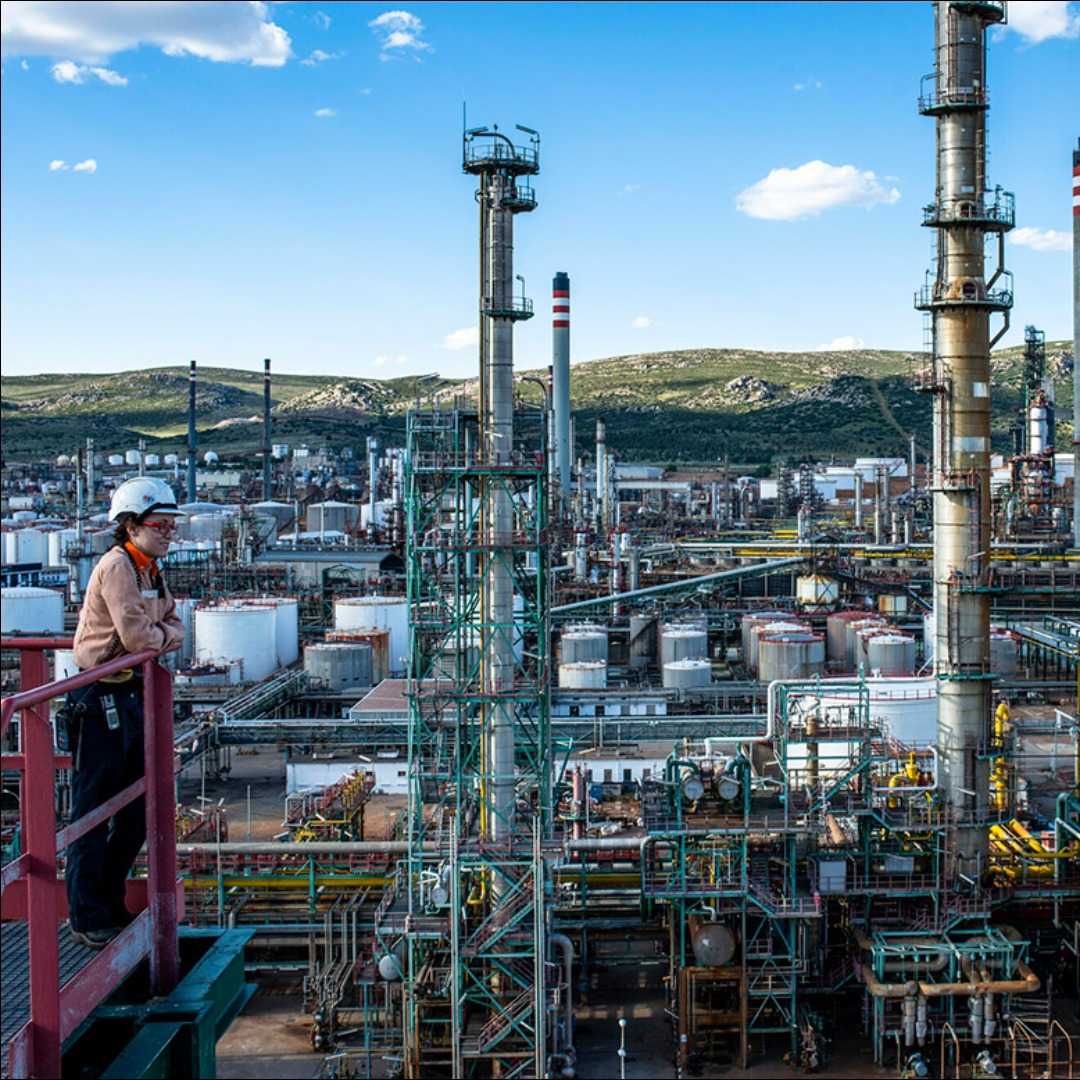Chemical recycling
Chemical recycling
Recpur, the Repsol plant that gives a second life to polyurethane foam
Recpur, the Repsol plant that gives a second life to polyurethane foam
The Recpur plant in Puertollano represents a step forward in the transition toward a circular economy. We will recycle polyurethane foam waste, a material used in mattresses and other everyday objects, keeping it out of landfills and converting it into new circular polyol molecules available to our customers.
The project in figures
The project in figures
2,000
tonnes/yearof external waste processed at our facilities equal to 200,000 mattresses.
5,000
tonnes/yearof circular polyols from our Repsol Reciclex® range.
12
million euros
invested in the plant.
2023
expected
start-up year.
Pioneers in Spain in polyurethane foam recycling
In 2024, we launched Recpur, our first polyurethane foam recycling plant at the Puertollano industrial complex. The plant uses chemical recycling technology provided by RAMPF Eco Solutions to close the polyurethane foam cycle, providing Repsol with the capacity to treat 2,000 tonnes of this waste per year to produce up to 5,000 tonnes of circular polyols per year. This is equivalent to 200,000 mattresses, which, stacked one after the other, would stretch approximately 380 km, the distance between Madrid and Valencia.
Polyurethane foam is found in products such as mattresses, cushions, and vehicle seats. Managing this waste at the end of its useful life is challenging due to its volume and the lack of recycling capacity, so it is generally destined for landfills.
With an investment of over 12 million euros, the launch of this plant represents a step forward in the commitments established in our Environmental Policy regarding the integration of circular economy principles, the use of alternative resources to fossil fuels, and the development of products with a lower environmental impact.
The Recpur plant uses an acidolysis process to revert the cut polyurethane foam into a liquid, which produces a circular polyol with an approximate 40% polyurethane waste content. Repsol markets this polyol under the Reciclex® brand, joining the strategic objective of producing 150,000 tonnes of circular or bio-based products by 2030.
The introduction of polyurethane foam waste as a raw material into the production cycle also leads to a significant reduction in its environmental impact compared to its management in landfills and contributes to Repsol's goal of net zero CO2 emissions by 2050 due to the lower emissions generated in the production of these circular polyols compared to traditional polyols.


Get to know the chemical recycling of mattresses
Get to know the chemical recycling of mattresses
Circular benefits
- Integrate the principles of the circular economy into our processes and products.
- Use waste as an alternative raw material and reduce the use of virgin raw materials.
- Avoid the environmental impact of landfill management of polyurethane foam waste.
- Reduction of direct and indirect CO2 emissions versus using virgin raw materials, thus supporting the goal of reaching net zero emissions by 2050.
Learn about more circular economy projects
Learn about more circular economy projects
Find out more
Find out more


















